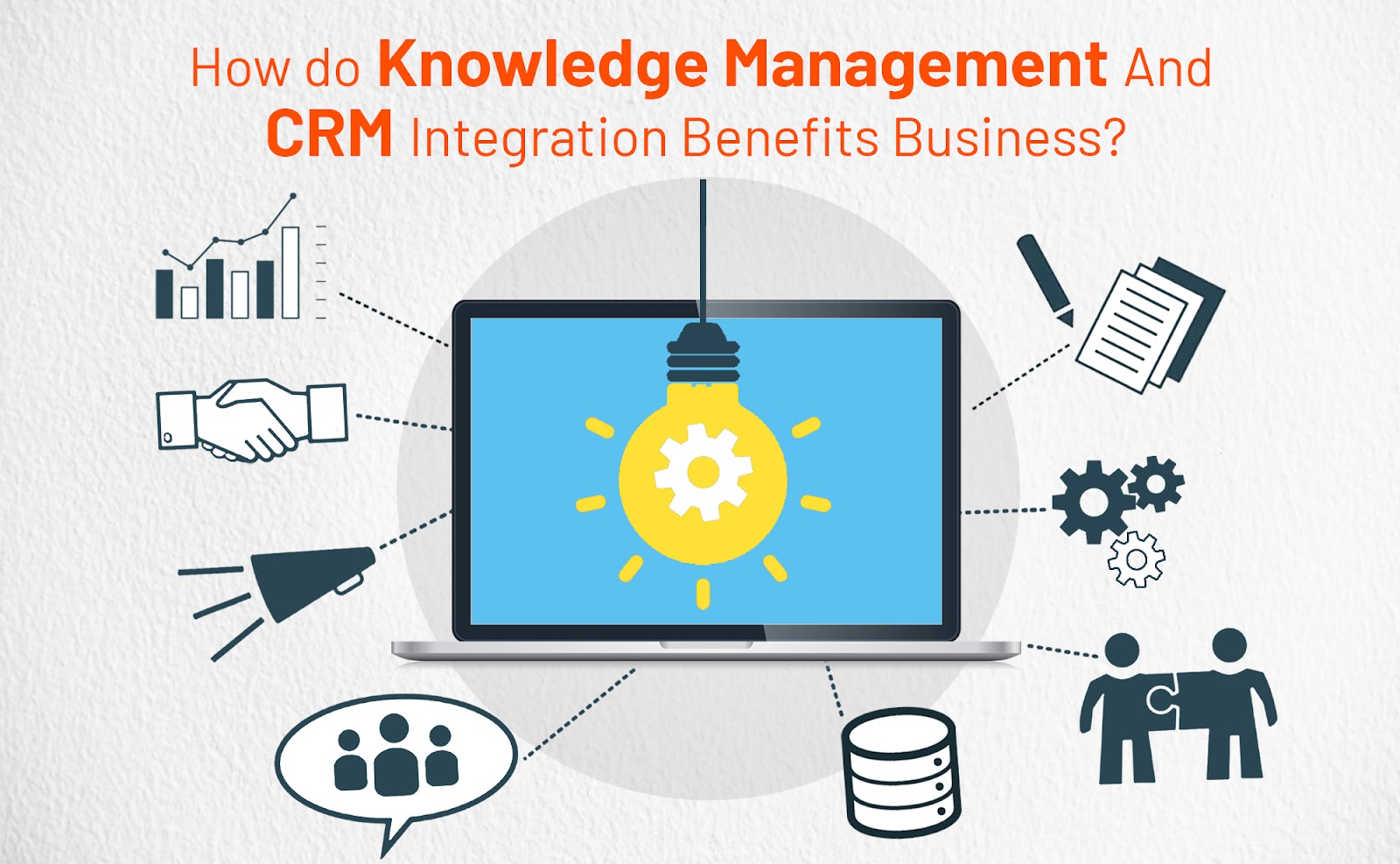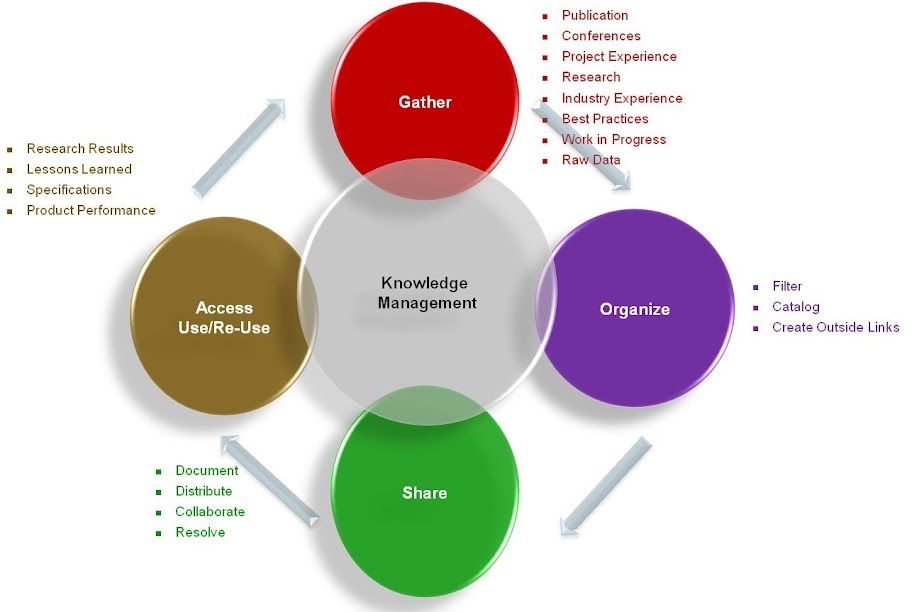CRM and knowledge management, when intertwined, form a formidable alliance that empowers businesses to cultivate enduring customer relationships and foster a culture of knowledge-sharing and collaboration. This strategic synergy unlocks a treasure trove of benefits, propelling organizations towards unprecedented heights of success.
By seamlessly integrating CRM and knowledge management systems, businesses can harness the collective wisdom of their teams, streamline customer interactions, and drive innovation. This dynamic partnership empowers organizations to stay ahead of the curve in today’s rapidly evolving business landscape.
Definition and Overview: Crm And Knowledge Management
Customer Relationship Management (CRM) and Knowledge Management are two important business strategies that can help organizations improve their performance. CRM is a system for managing interactions with customers, while Knowledge Management is a system for capturing, organizing, and sharing knowledge within an organization.The relationship between CRM and Knowledge Management is close.
CRM systems can help organizations capture customer knowledge, while Knowledge Management systems can help organizations share that knowledge with employees. By working together, CRM and Knowledge Management can help organizations improve their customer service, sales, and marketing efforts.
Benefits of CRM and Knowledge Management
There are many benefits to using CRM and Knowledge Management systems. Some of the benefits of CRM include:
- Improved customer service
- Increased sales
- Improved marketing
- Reduced costs
Some of the benefits of Knowledge Management include:
- Improved decision-making
- Increased innovation
- Improved collaboration
- Reduced costs
Benefits of Integrating CRM and Knowledge Management

Integrating customer relationship management (CRM) and knowledge management systems offers numerous advantages for businesses. By seamlessly connecting customer data with relevant knowledge resources, organizations can significantly enhance their customer service, sales productivity, and employee collaboration.
Improved Customer Service and Support
An integrated CRM and knowledge management system empowers customer service representatives with instant access to a comprehensive repository of customer information and knowledge articles. This allows them to quickly and efficiently resolve customer inquiries, providing personalized and informed support. By leveraging knowledge management, customer service teams can also proactively identify and address potential customer issues, minimizing the need for repeated interactions and improving overall customer satisfaction.
Increased Sales Productivity and Efficiency
Integrating CRM and knowledge management systems enables sales teams to access relevant customer information and knowledge resources during the sales process. This empowers them to tailor their sales pitches and product recommendations based on customer needs and preferences. Moreover, knowledge management systems provide sales teams with best practices, case studies, and other valuable resources that can assist them in closing deals more effectively.
By leveraging knowledge, sales teams can improve their productivity, shorten sales cycles, and increase their overall success rates.
Enhanced Employee Collaboration and Knowledge Sharing
An integrated CRM and knowledge management system fosters collaboration and knowledge sharing among employees across different departments. By centralizing customer information and knowledge resources, organizations can create a single source of truth that eliminates data silos and ensures that everyone has access to the most up-to-date information.
This facilitates cross-functional collaboration, enables employees to learn from each other’s experiences, and promotes a culture of continuous improvement within the organization.
Challenges of Integrating CRM and Knowledge Management
Integrating CRM and knowledge management systems can present various challenges that require careful consideration and mitigation strategies. These challenges include data integration issues, cultural and organizational barriers, and the need for effective change management.
Data Integration Issues
A major challenge lies in integrating data from different sources, such as CRM systems that capture customer interactions and knowledge management systems that store valuable information and expertise. Data formats, structures, and definitions may vary across systems, making it difficult to seamlessly merge and utilize the combined data effectively.
Cultural and Organizational Barriers
Cultural and organizational barriers can also hinder the successful integration of CRM and knowledge management systems. Different departments or teams may have varying perspectives on data ownership, sharing, and utilization, leading to resistance or reluctance to adopt the integrated system.
Additionally, organizational structures and workflows may need to be adapted to accommodate the new system and its processes.
Need for Effective Change Management, Crm and knowledge management
Integrating CRM and knowledge management systems requires significant organizational change, which can be challenging to manage effectively. Employees may need to learn new skills, adjust their workflows, and adapt to the new system’s functionalities. Comprehensive change management strategies, including clear communication, training, and support, are crucial to ensure a smooth transition and minimize disruptions.
Best Practices for Integrating CRM and Knowledge Management

Integrating CRM and knowledge management systems can be a complex process, but it can also be extremely rewarding. By following these best practices, you can ensure a smooth and successful integration that will benefit your entire organization.
Step-by-Step Process for Successful Integration
- Define your goals and objectives.What do you want to achieve by integrating CRM and knowledge management? Do you want to improve customer service? Increase sales? Reduce costs? Once you know your goals, you can develop a plan to achieve them.
- Choose the right software.There are many different CRM and knowledge management software solutions on the market. It’s important to choose a solution that is right for your organization’s needs. Consider factors such as the size of your organization, your industry, and your budget.
- Implement the software.Once you’ve chosen a software solution, you need to implement it. This process can be complex, so it’s important to have a plan in place. You’ll need to train your employees on the new software, and you’ll need to make sure that the software is integrated with your other business systems.
- Monitor and evaluate your progress.Once you’ve implemented your CRM and knowledge management system, you need to monitor your progress. Are you achieving your goals? Are you seeing a positive return on your investment? If not, you may need to make adjustments to your system.
Tips for Ensuring a Smooth Transition
* Start small.Don’t try to integrate your entire CRM and knowledge management systems all at once. Start with a small pilot project, and then gradually expand your integration efforts.
- Get buy-in from your team.It’s important to get buy-in from your team before you start the integration process. Make sure that everyone understands the benefits of integration, and that they are committed to making it a success.
- Communicate regularly.Keep your team informed about the progress of the integration process. This will help to build excitement and momentum, and it will also help to identify any potential problems early on.
- Be patient.Integrating CRM and knowledge management systems takes time and effort. Don’t get discouraged if you don’t see results immediately. Just keep working at it, and you will eventually achieve your goals.
5. Case Studies and Success Stories

Several organizations have successfully integrated CRM and Knowledge Management, leading to improved customer experiences, increased productivity, and enhanced decision-making.
Here are a few notable examples:
Case Study: Salesforce and ServiceNow
- Organization:Salesforce, a leading CRM provider
- Integration:Salesforce integrated its CRM platform with ServiceNow’s Knowledge Management solution
- Benefits:Improved customer support efficiency by providing customer service agents with easy access to relevant knowledge articles
Case Study: Microsoft and SharePoint
- Organization:Microsoft, a global technology company
- Integration:Microsoft integrated its Dynamics CRM platform with SharePoint’s Knowledge Management capabilities
- Benefits:Empowered employees with access to centralized knowledge, fostering collaboration and improving productivity
Case Study: Oracle and Siebel
- Organization:Oracle, a multinational software corporation
- Integration:Oracle integrated its Siebel CRM platform with its Knowledge Management module
- Benefits:Provided sales teams with real-time access to customer-specific knowledge, enabling personalized interactions
Last Recap

In conclusion, the integration of CRM and knowledge management is a game-changer for businesses seeking to elevate their customer experiences, enhance employee productivity, and foster a culture of continuous learning. By embracing this strategic alliance, organizations can unlock a wealth of benefits that will propel them towards long-term success.